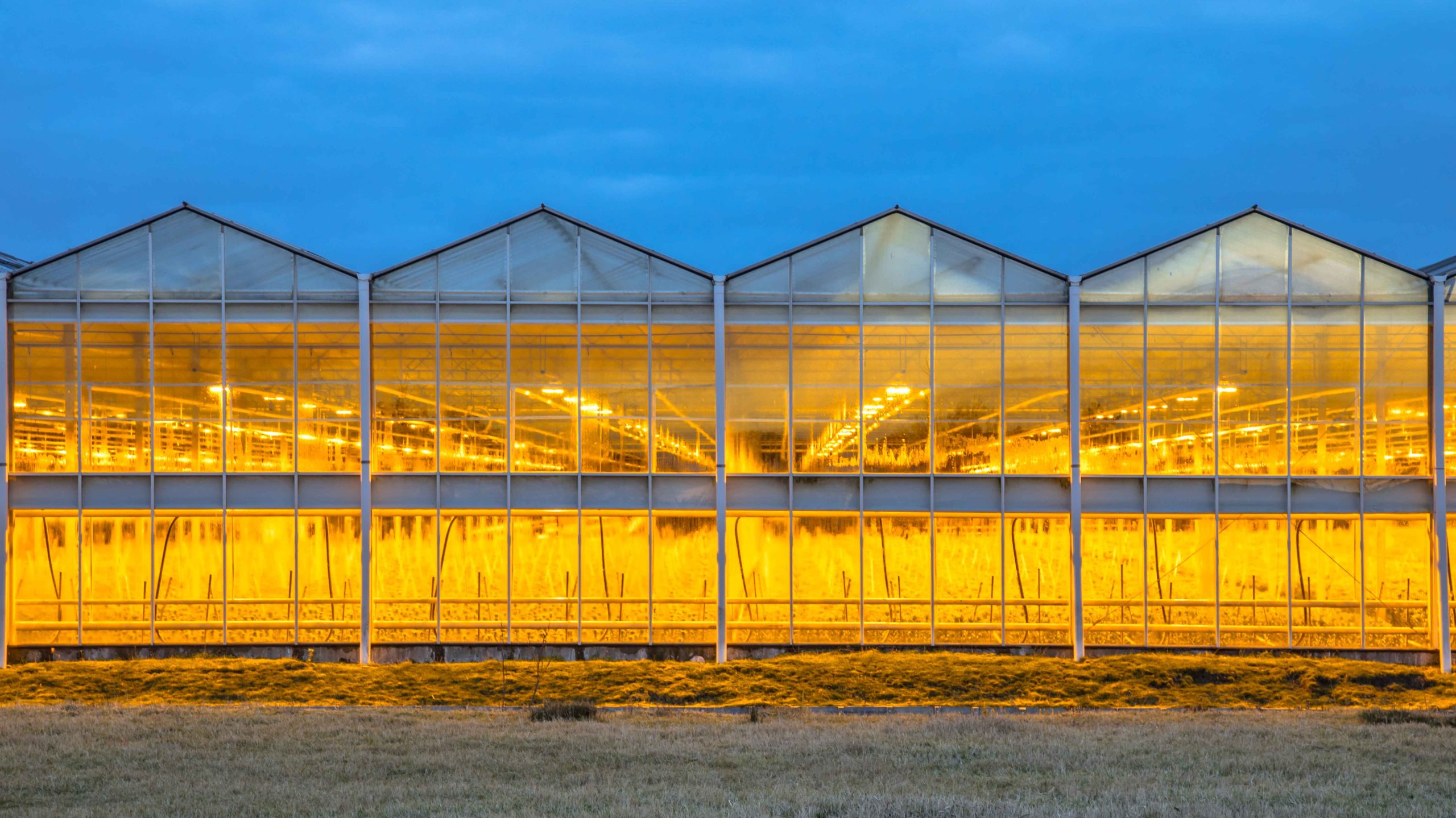
Geothermal energy is a renewable energy source that uses the heat from the earth to generate electricity. Turkey is one of the leading countries in the world when it comes to geothermal energy production, with vast geothermal resources that are largely untapped. The country has been steadily increasing its geothermal energy capacity over the past decade, and the trend is expected to continue in the years to come.
As of 2021, Turkey has a geothermal power capacity of around 1.7 GW, making it the sixth-largest geothermal power producer in the world. Most of this capacity is located in the Aegean region of the country, which has a high concentration of geothermal resources. However, there are also significant geothermal resources in other parts of the country, including the Marmara, Central Anatolia, and Eastern Anatolia regions.
Turkey’s geothermal energy sector has been growing rapidly in recent years, with new projects and expansions underway. In 2020, the country added around 150 MW of geothermal capacity, and this is expected to increase in the coming years. One of the factors driving this growth is the government’s support for renewable energy, including geothermal. Turkey has set a target of generating 30% of its electricity from renewable sources by 2023, and geothermal is expected to play a significant role in achieving this target.
Another factor driving the growth of geothermal energy in Turkey is the country’s abundant geothermal resources. Turkey has an estimated geothermal potential of 31 GW, which is one of the largest in the world. However, only a small fraction of this potential has been developed so far, leaving ample room for future growth.
The geothermal energy sector in Turkey is also benefiting from increasing interest and investment from international players. Several large multinational companies have entered the Turkish geothermal market in recent years, bringing with them expertise and technology that can help to accelerate the development of geothermal projects.
Despite the many positive developments in the geothermal sector in Turkey, there are also some challenges that need to be addressed. One of the main challenges is the high up-front costs of geothermal energy projects. Developing a geothermal power plant can be expensive, and this can deter some investors from entering the market. Another challenge is the environmental impact of geothermal projects, which can include land subsidence, water depletion, and greenhouse gas emissions.
In conclusion, Turkey’s geothermal energy sector is poised for continued growth in the coming years. The country has abundant geothermal resources, a supportive government, and increasing investment from international players, all of which bode well for the future of geothermal energy in Turkey. However, it will be important to address the challenges facing the sector, including the high costs of development and the environmental impact of geothermal projects, in order to ensure sustainable growth and a bright future for geothermal energy in Turkey.
Reinjection
helps to maintain the pressure level in the reservoir. Another important benefit of reinjection is by continuous flushing of the rock matrix by the cooled water, the recoverable energy from the reservoir substantially increases.
Geothermal power
plants largely release only excess steam, with most plants discharging no air or liquid. This makes geothermal power plants a clean source of electricity and an important contributor to the nation's zero-carbon future.
Geothermal energy
is considered one of the most efficient and sustainable types of energy because it's a clean, reliable, and renewable resource. It uses the heat inside the earth's surface to generate electricity and provide heating and cooling.
Geothermal sources
are a renewable energy and will never deplete. Abundant geothermal energy will be available for as long as the Earth exists. It is a renewable energy source from the heat generated by the earth's internal core and is available 7/24/365.
Low carbon energy families:
Geothermal has some of the most potential with the fewest drawbacks.
Solar panels are capable of generating power with zero emissions. The generated power can be used to feed your energy demand, perfectly replacing conventional energy needs with green energy. Every kilowatt of green energy can reduce your carbon footprint by 3,000 pounds annually.
Wind energy is a viable alternative of fossil fuels. It does not emit CO2 or other air pollutants. It runs virtually carbon free for its lifetime.

